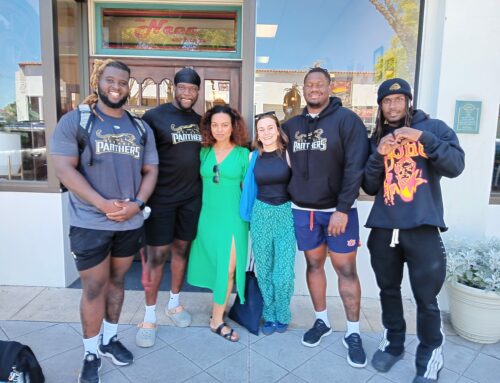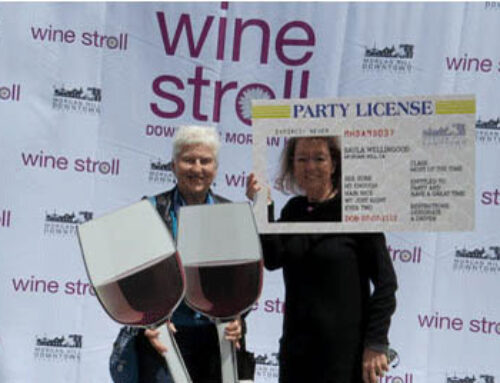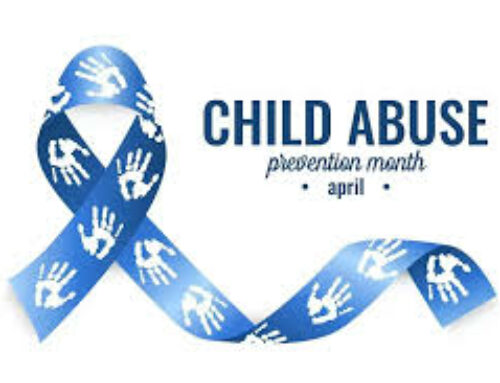Published in the May 11-25, 2016 issue of Morgan Hill Life
By Cricket Rubino
When my mother realized her vision was starting to degrade, she made a really important decision. For the safety or other people and herself, she decided to turn in her keys and stop driving.
This was a big relief for me and the rest of my family. It was also helpful that she made that choice to stop driving herself. Many families have to have “the talk” with a senior-aged parent about getting them off the road.
But once the senior no longer has the option to drive to a doctor’s appointment, the grocery store, pharmacy or run an errand, how does that impact their quality of life?
This is a dilemma for many of our seniors right now, and we at the Senior Advisory Committee are now creating a special transportation committee to discuss many issues that impact the transportation options for senior citizens here in Morgan Hill.
Seniors face special health issues that often make it hard for them to drive safely.
The obvious ones are trouble hearing or seeing. Sometimes as people get older, their ability to hear sounds such as horns, emergency vehicle sirens or unusual noises in their cars such as a flat tire or a squeaky brakes is impaired. The quality of their vision also can worsen with age or from eye diseases such as glaucoma, cataracts or macular degeneration. So a senior citizen behind the wheel might not be able to see clearly street and traffic signs, traffic lights, other cars or pedestrians. Night-time driving also can be a hazard if they face oncoming headlights or bright street lights.
As we age, our joints and muscles get stiff and weaken. This makes it harder for seniors to drive because the lack of flexibility prevent them from turning their heads quickly or turning the steering wheel or braking fast enough to avoid a collision. Often, medication seniors take might cause their reaction time to slow down as well.
Dementia and driving is another big issue for many families when they’re facing the time a elderly loved one needs to let go of their driving privilege. People who suffer from Alzheimer’s disease or other forms of mental degradation often become hazardous drivers if they forget where they’re going or their decision-making process is too slow to deal with an emergency situation.
The transition from driving to not driving is an emotional one for many seniors as they lose the freedom of getting on the road whenever they wish.
“Next to losing their loved one, and for some, even above losing their loved one, losing their ability to drive is the most traumatic event in their life. The resulting isolation can be associated with depression, anxiety and a lesser view of self,” said neuropsychologist and clinical psychologist Jodi De Luca.
Think about how you would handle being secluded with no way to get any place without help. Whom would you call for a ride? How many times could you call them? There is a tremendous need for transportation options in our community and a solution will become increasingly important as the Baby Boomer generation continues to age.
We now have limited VTA bus service in Morgan Hill and no buses go to the Centennial Recreation Senor Center. We also have limited and expensive taxi service.
And nonprofit social service agency Outreach provides rides to seniors who don’t drive, but these rides require a one-hour window for pick-up and delivery and must be scheduled at least 24 hours in advance.
SAC has identified and adopted improving senior transportation options as a top priority in its goal to be designated an Age-Friendly City through the World Health Organization.
Want to be a part of our team and make Morgan Hill a place where seniors are able to maintain their independence and even expand their horizons? If so, please contact me at [email protected] or Debbie Vasquez [email protected].
Cricket Rubino is the chair of the Senior Advisory Committee in Morgan Hill. She wrote this column for Morgan Hill Life.







